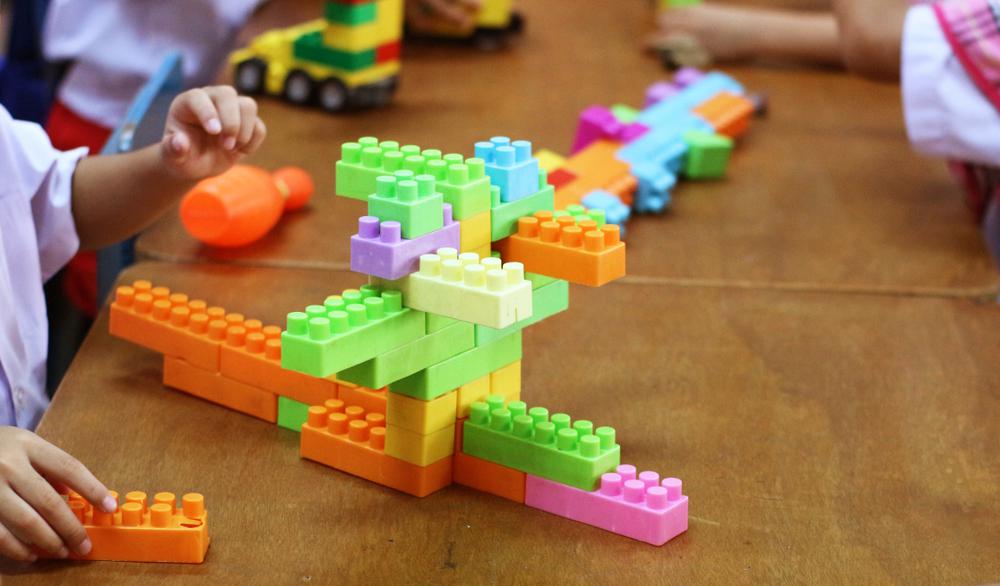Knowledge Check worksheets activities for Ages 3-9
150 filtered results
-
From - To
Discover our engaging Knowledge Check worksheets designed for children ages 3-9, featuring a variety of fun activities that boost learning and reinforce essential skills! Each worksheet encourages critical thinking in subjects such as math, reading, and science, making learning enjoyable and effective. Our thoughtfully crafted exercises guide young minds through age-appropriate tasks, ensuring comprehension and retention of the material. Perfect for parents and teachers alike, these printable resources support at-home learning or classroom use. Enhance your child's educational journey with our Knowledge Check activities that promote confidence and curiosity. Visit us today to explore the full range of enriching options!


Rhyming Words: Assessment Worksheet
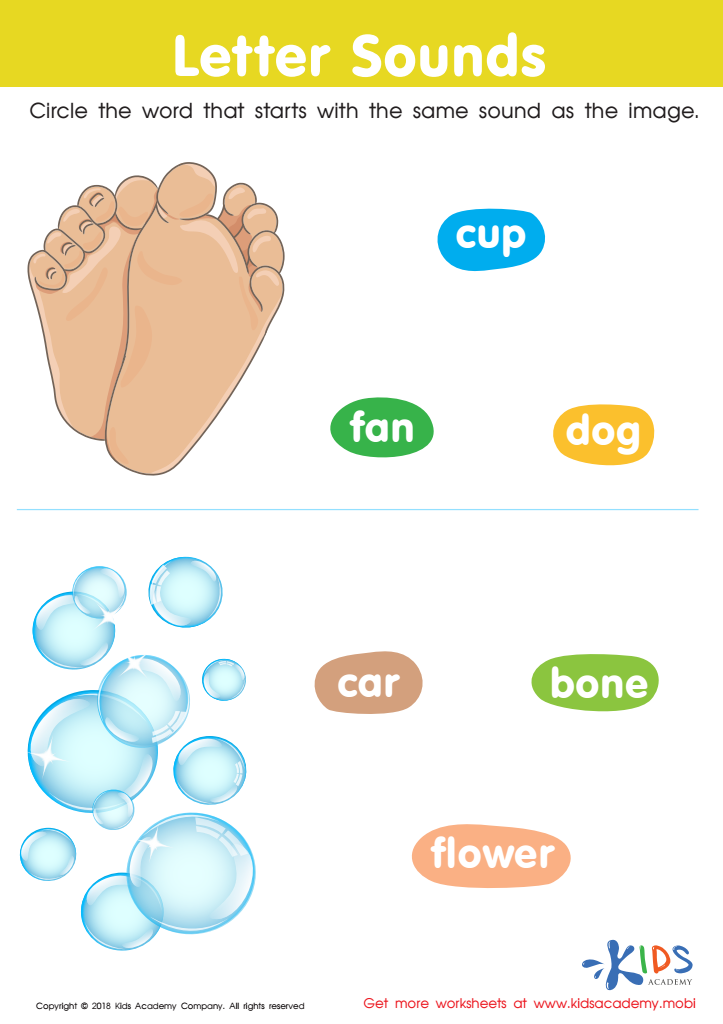

letter sounds Worksheet
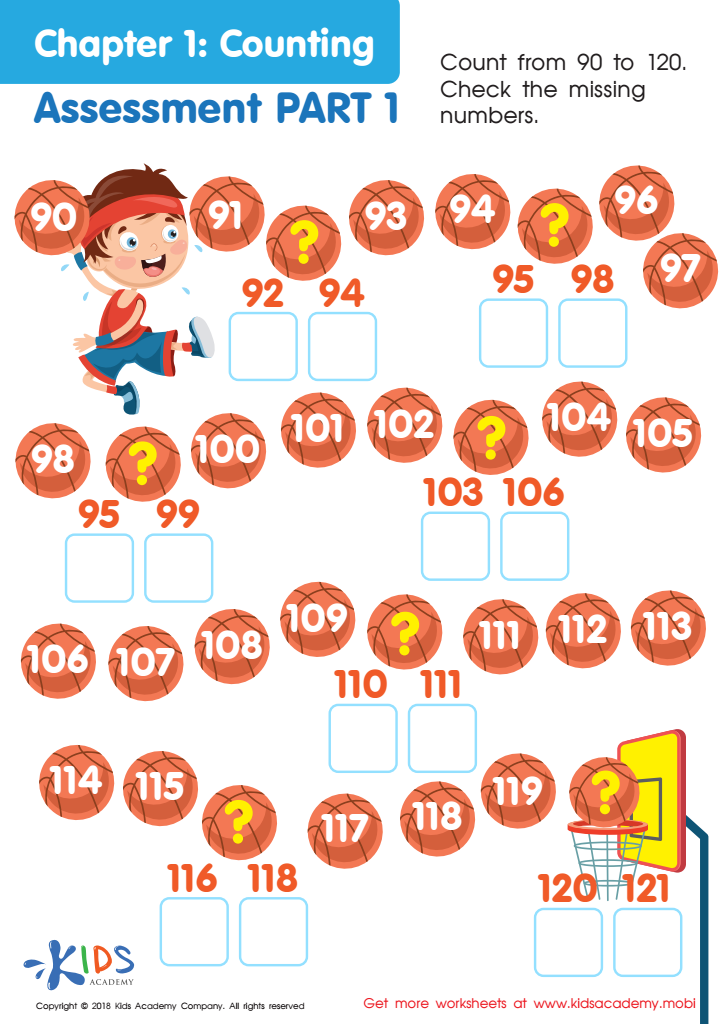

Counting Past 1: Assessment 1 Worksheet


Matter: Assessment 1 Worksheet
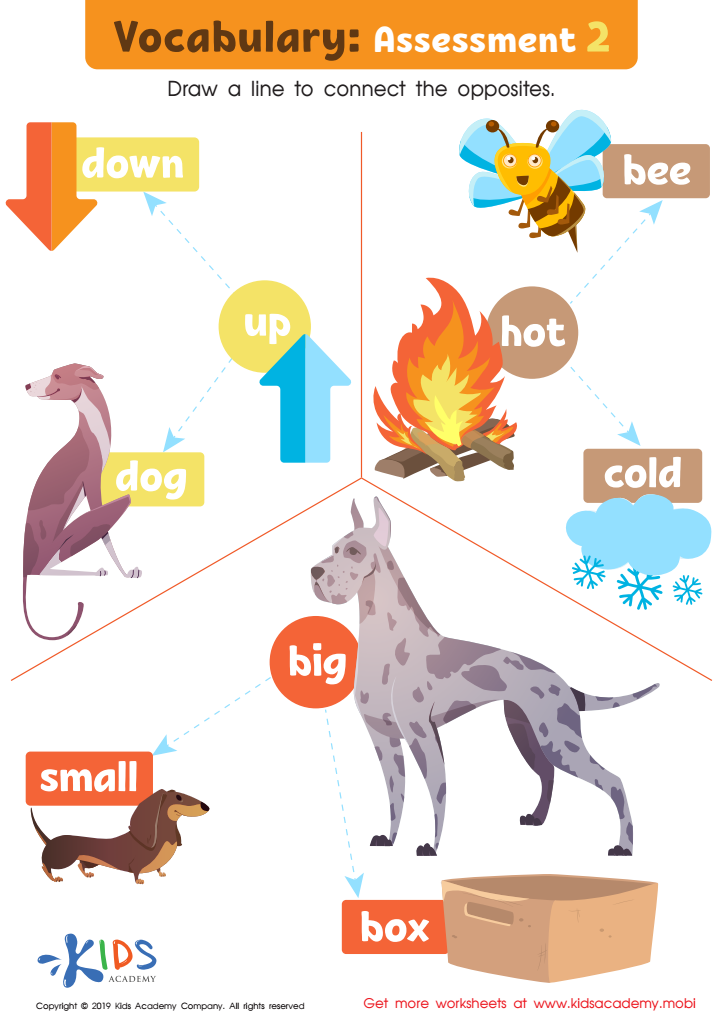

Vocabulary: Assessment 2 Worksheet


Force and Interactions: Assessment 1 Worksheet
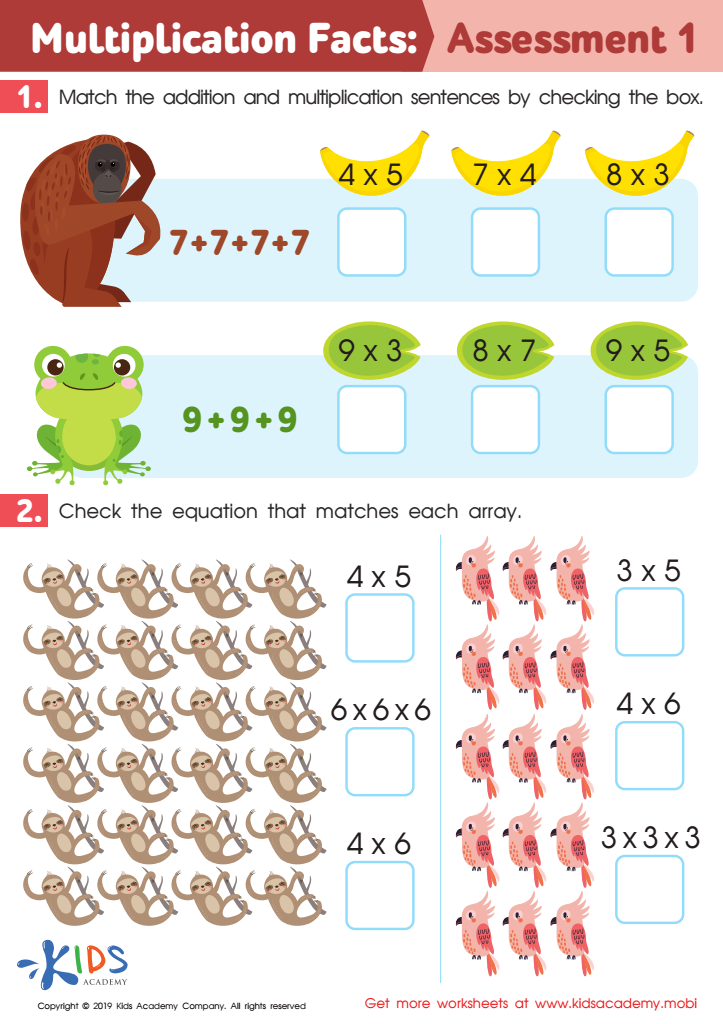

Multiplication Facts: Assessment 1 Worksheet
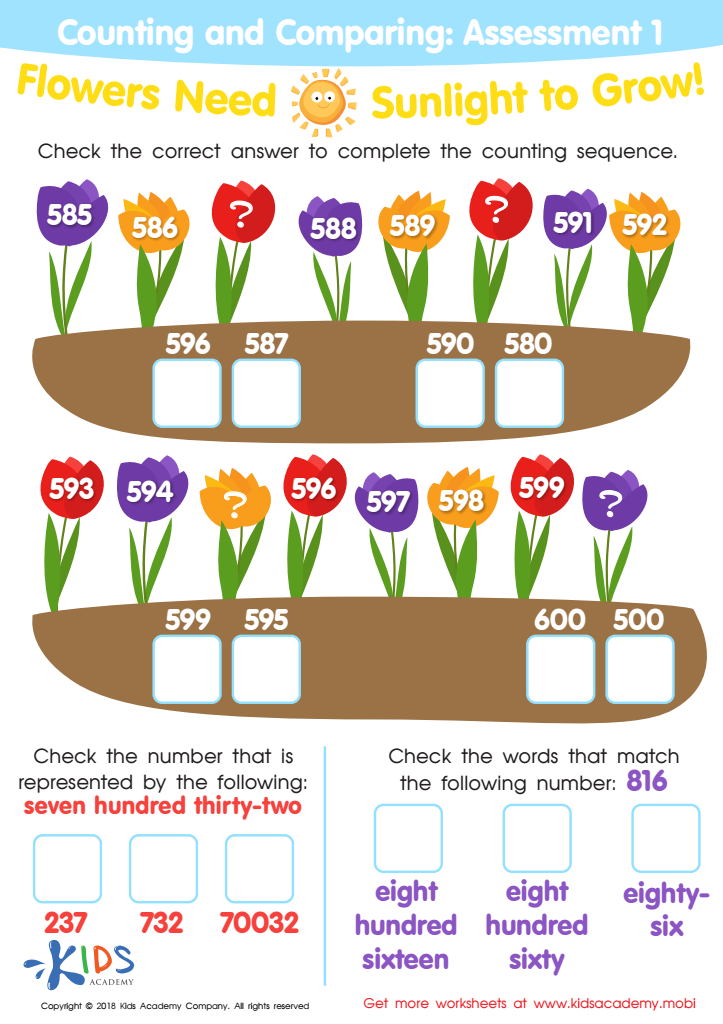

Counting and Comparing: Assessment 1 Worksheet


Let's Check Long Vowels: Assessment Worksheet
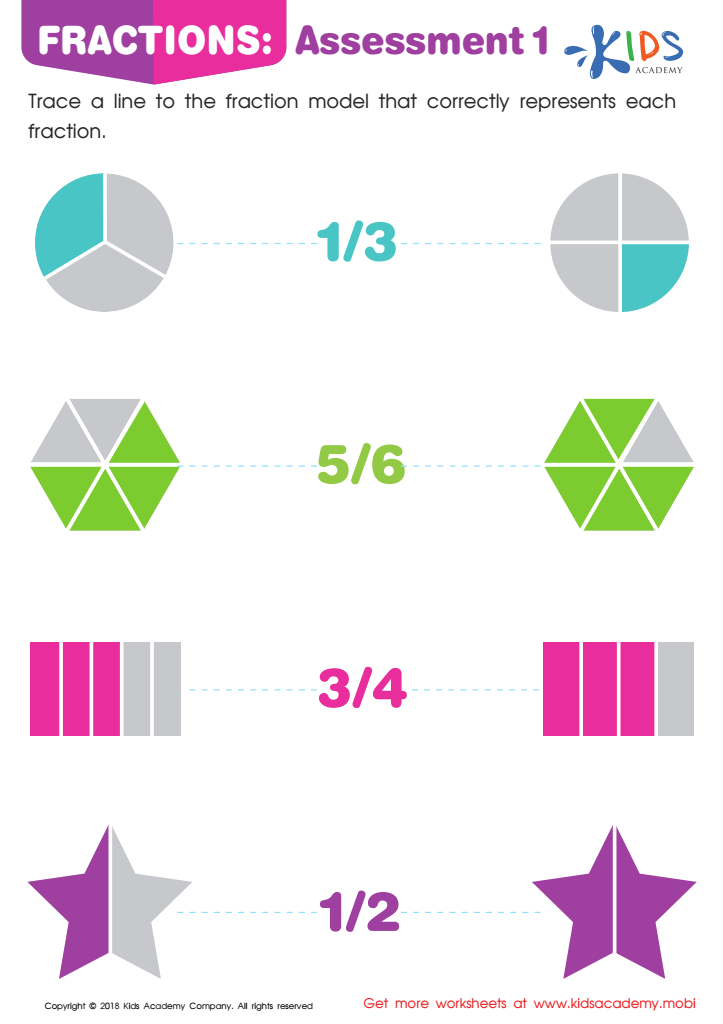

Fractions: Assessment 1 Worksheet
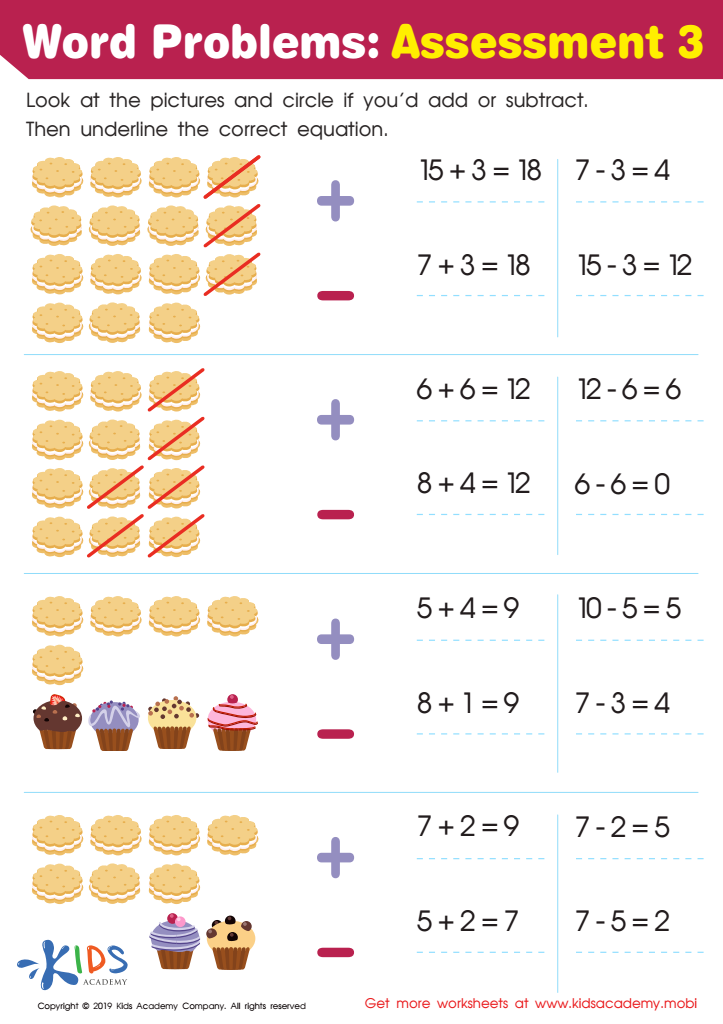

Word Problems: Assessment 3 Worksheet
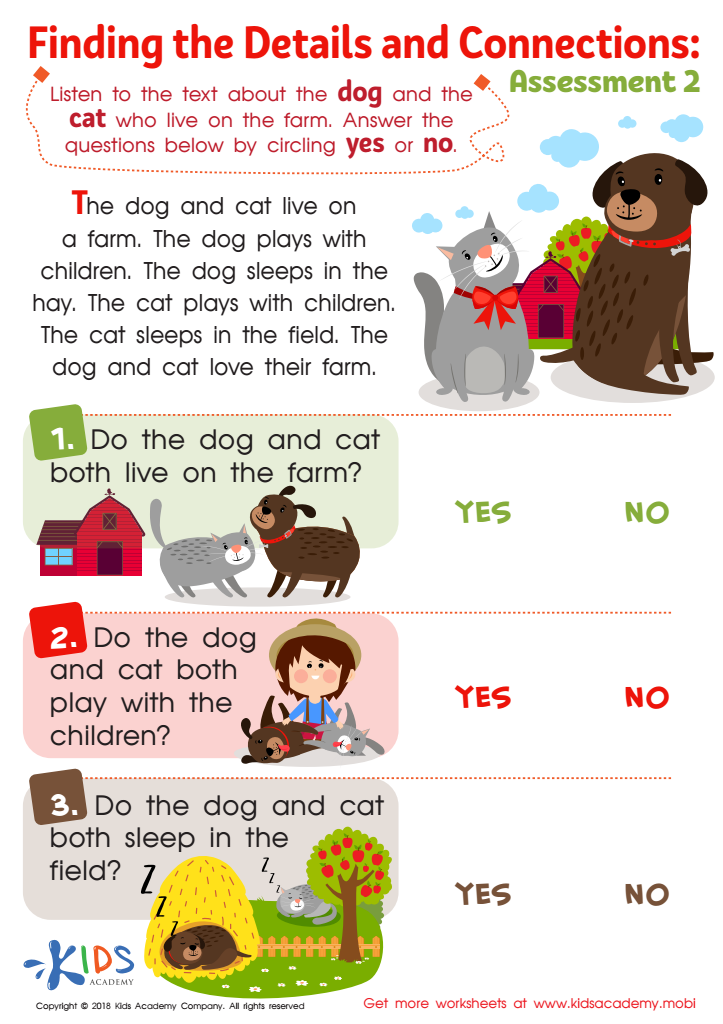

Finding the Details and Connections: Assessment 2 Worksheet
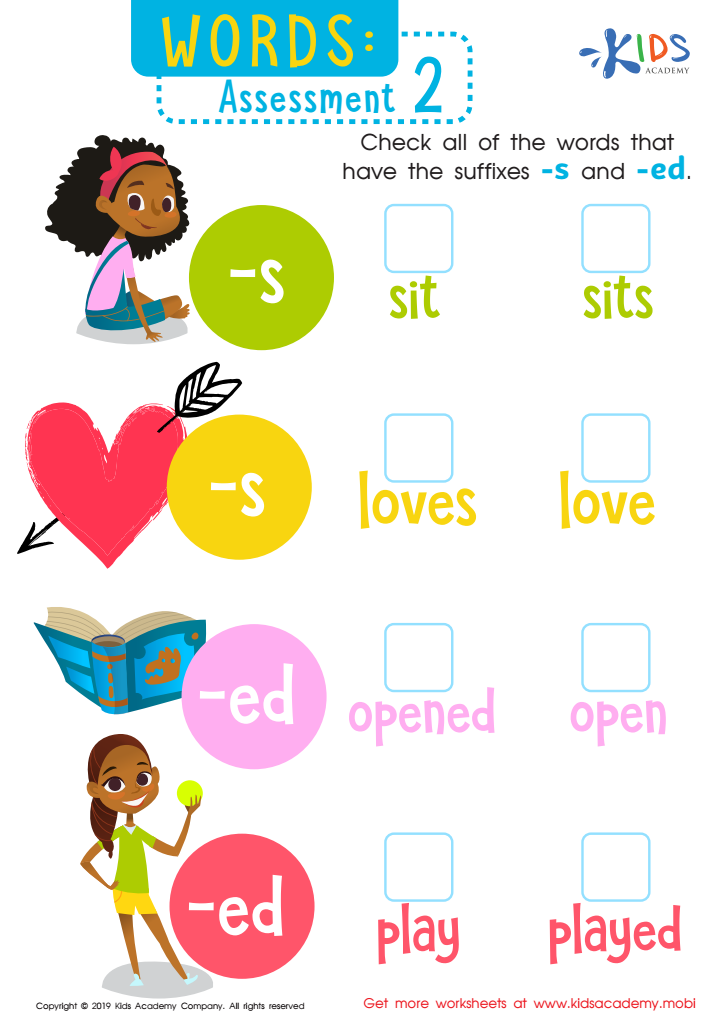

Words: Assessment 2 Worksheet
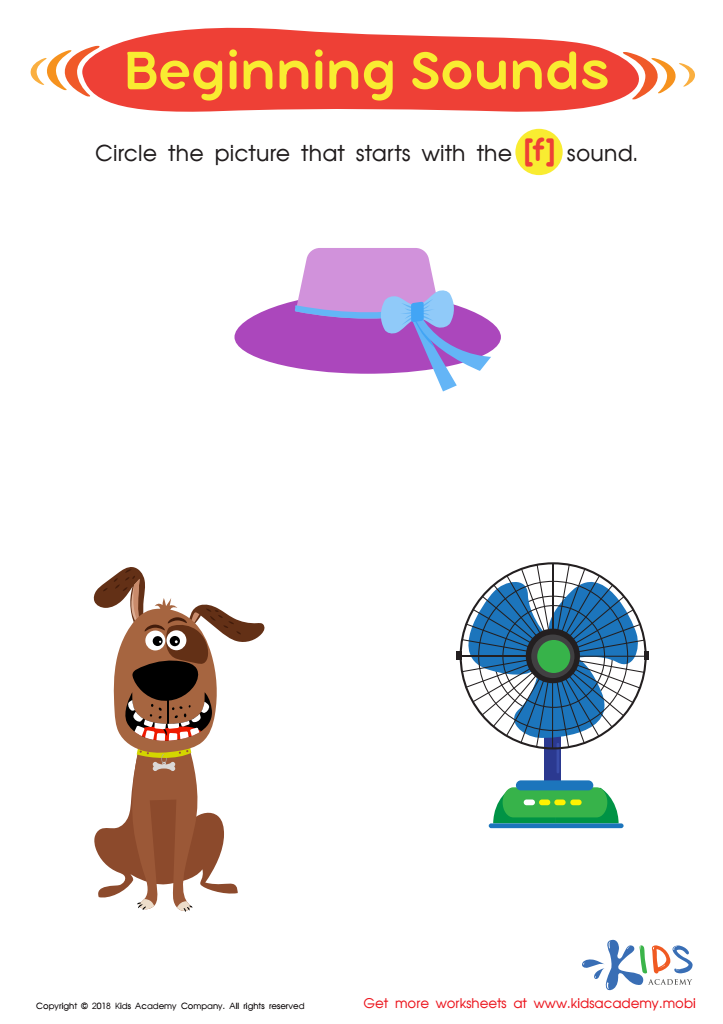

Beginning Sounds Assessment Printable
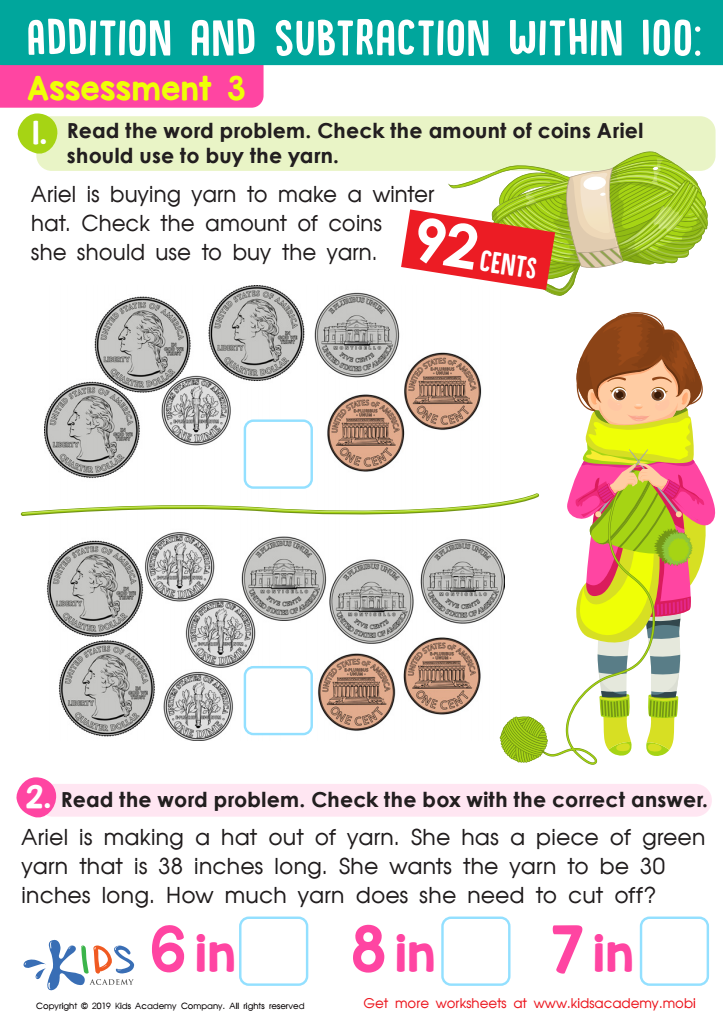

Assessment 3 Math Worksheet
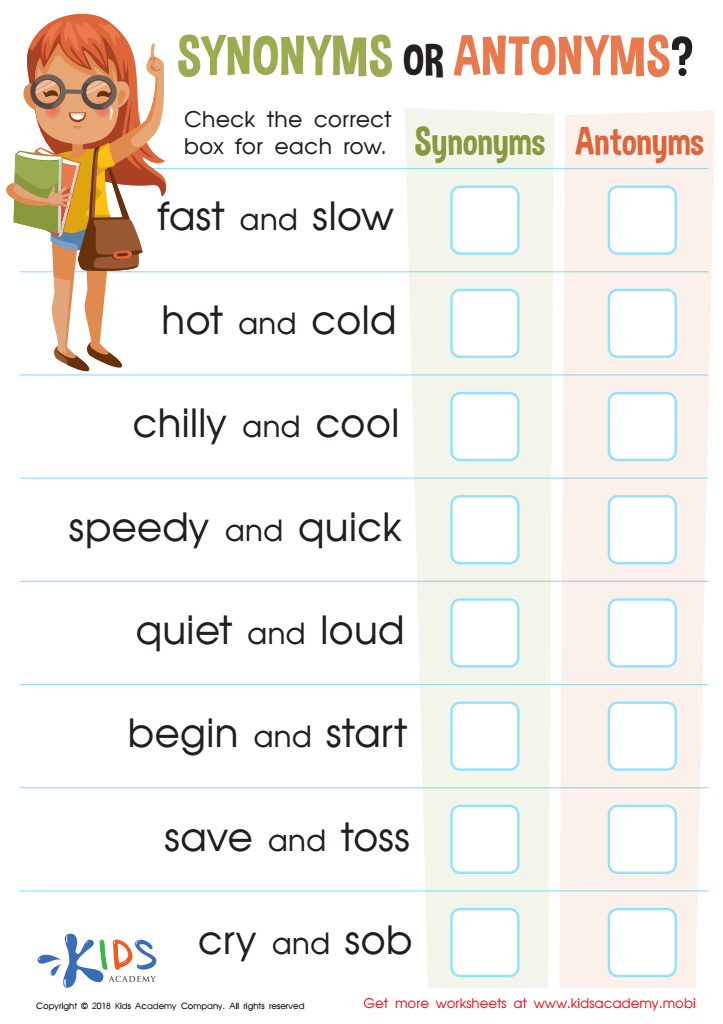

Synonyms or Antonyms: Assessment Worksheet
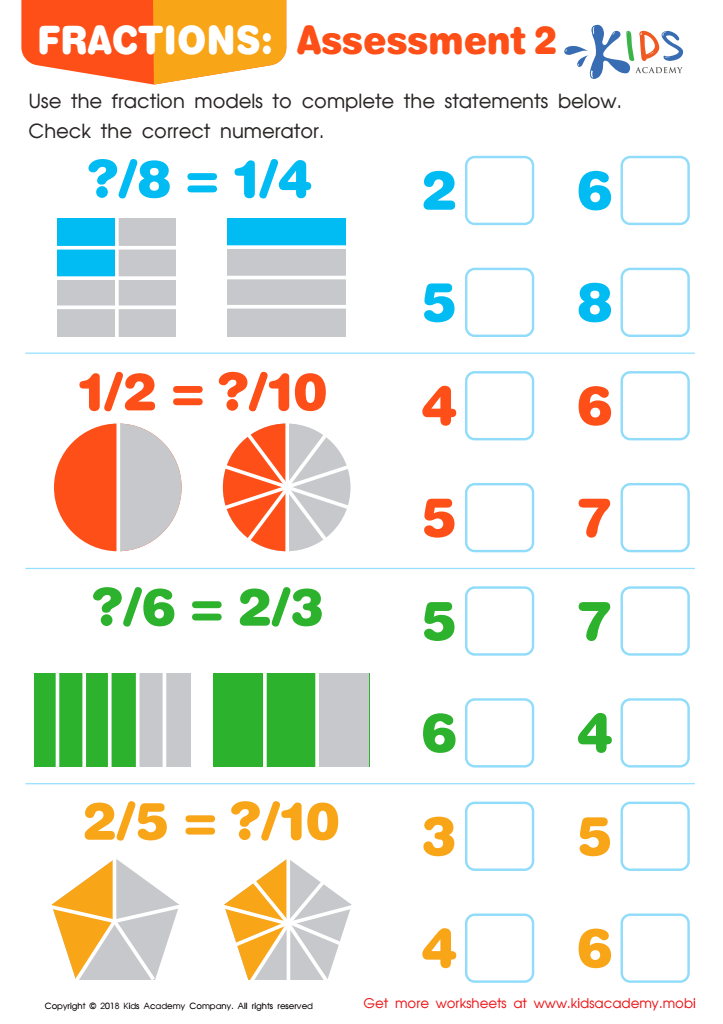

Fractions: Assessment 2 Worksheet
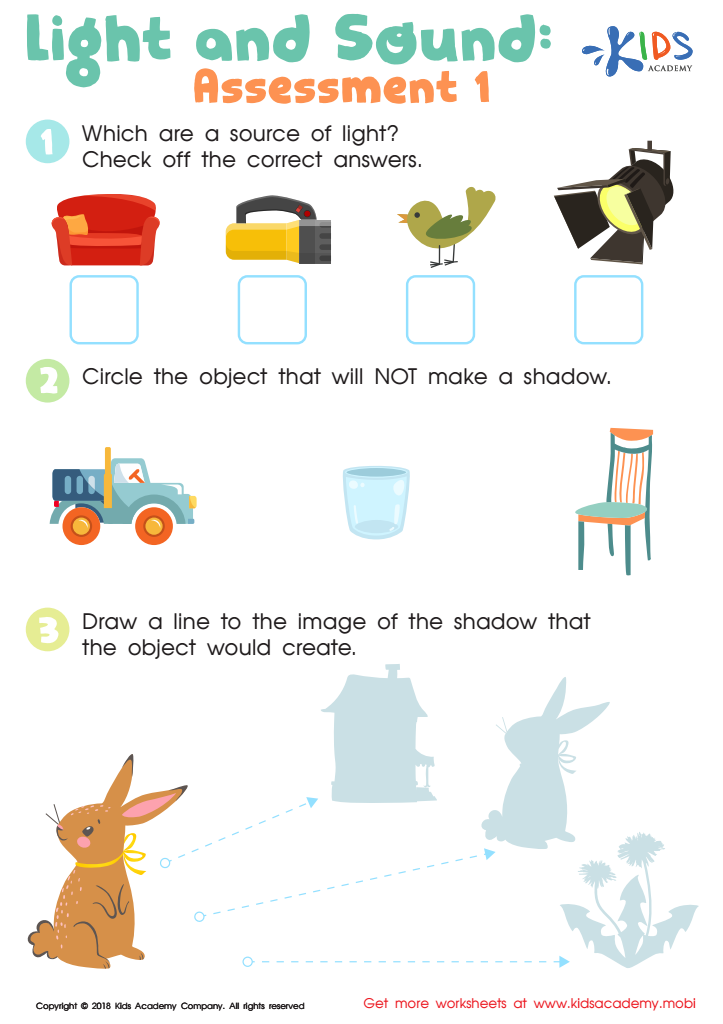

Light and Sound: Assessment 1 Worksheet
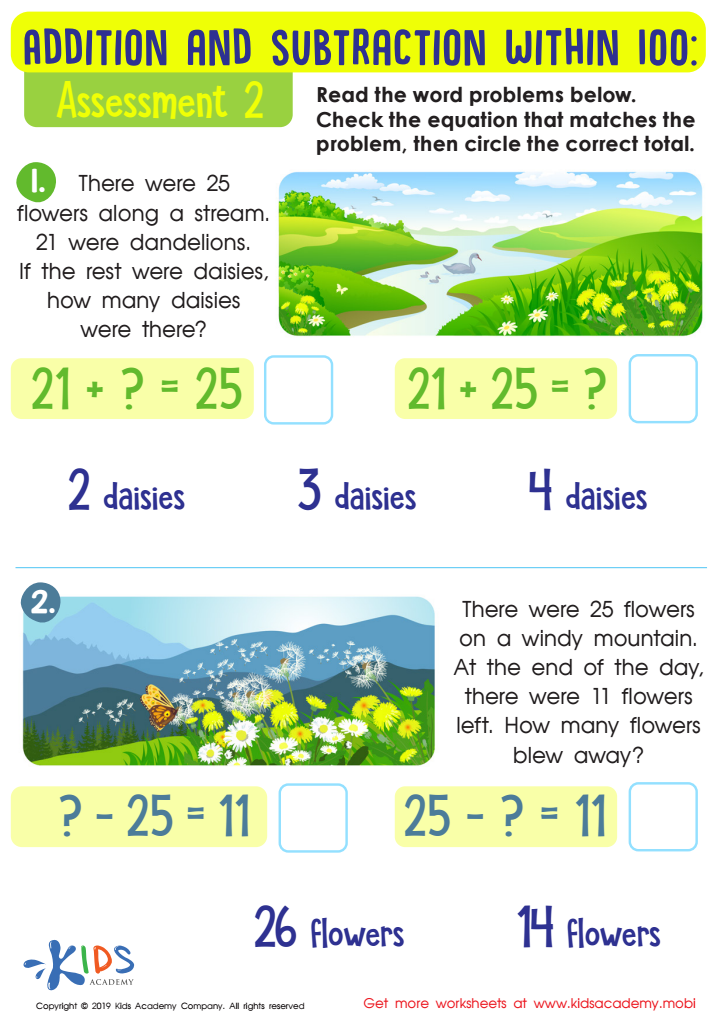

Assessment 2 Math Worksheet
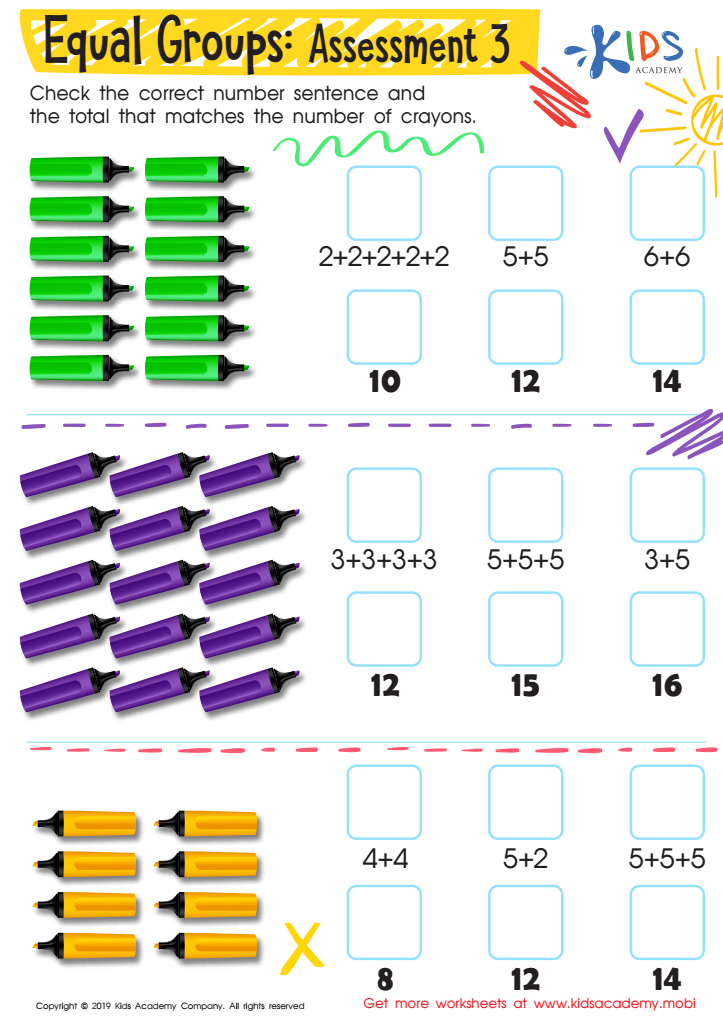

Equal Groups: Assessment 3 Worksheet
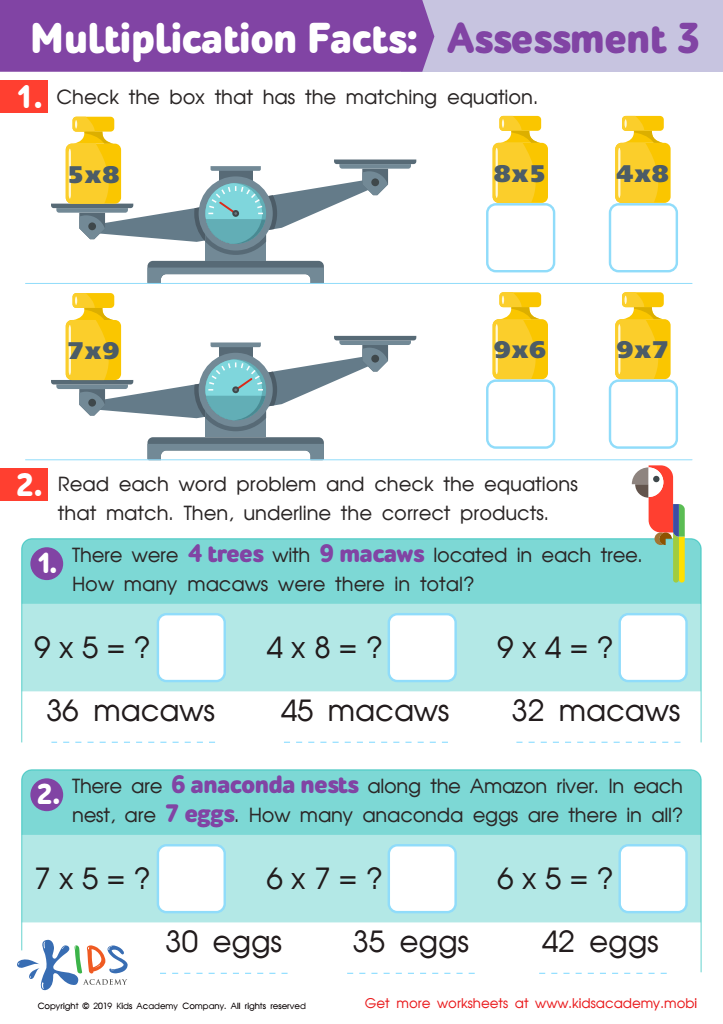

Multiplication Facts: Assessment 3 Worksheet
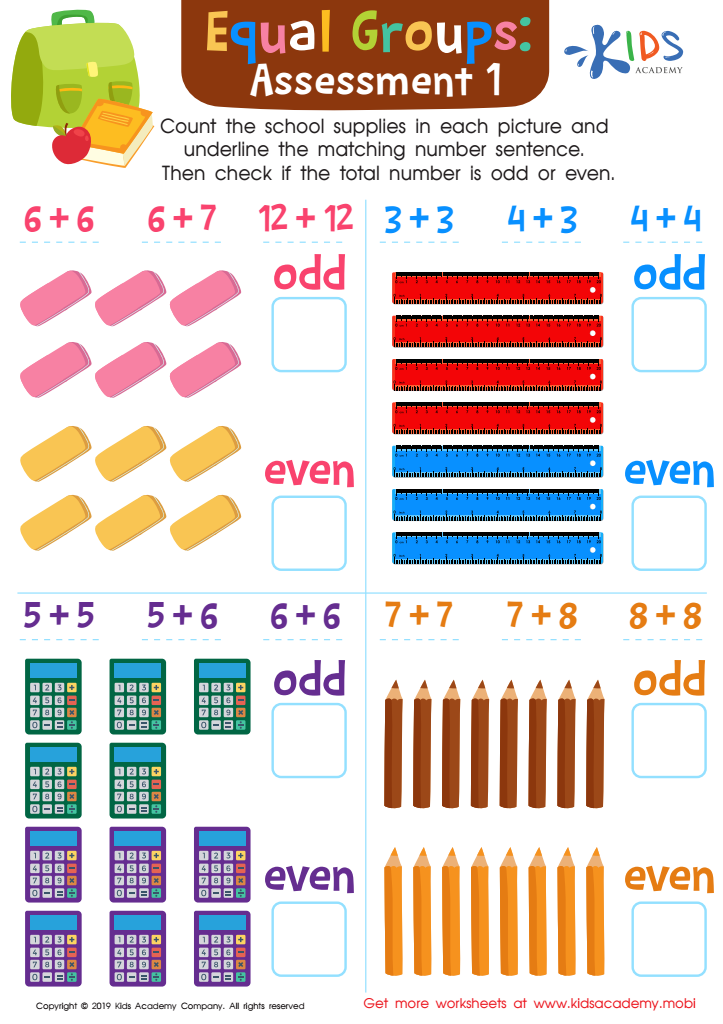

Equal Groups: Assessment 1 Worksheet
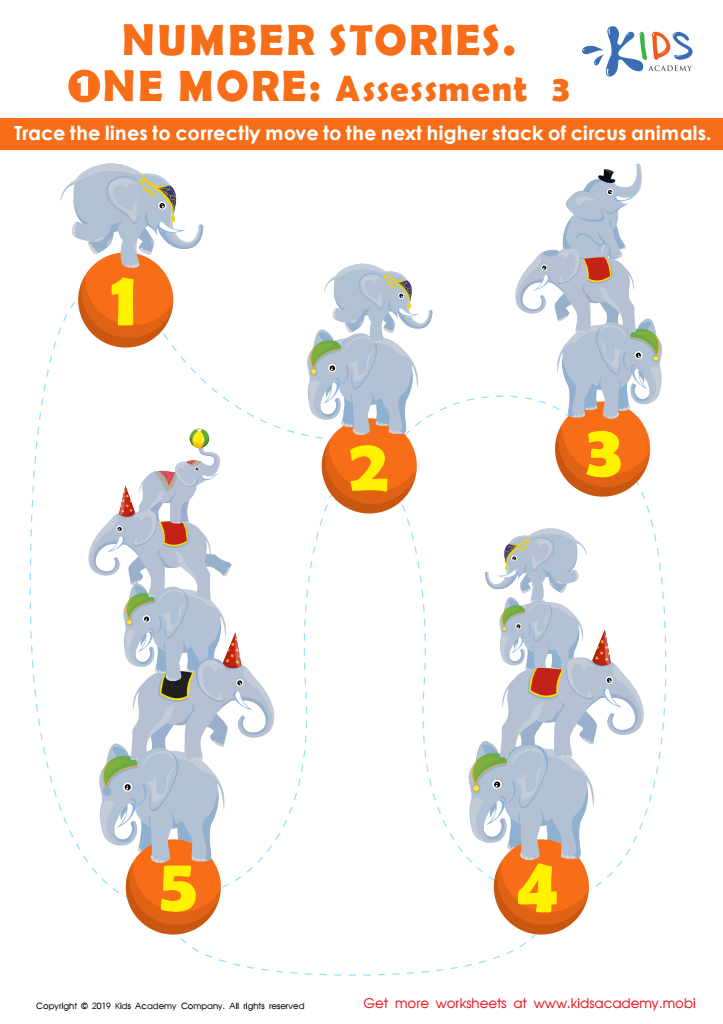

Number Stories One More: Assessment 3 Worksheet
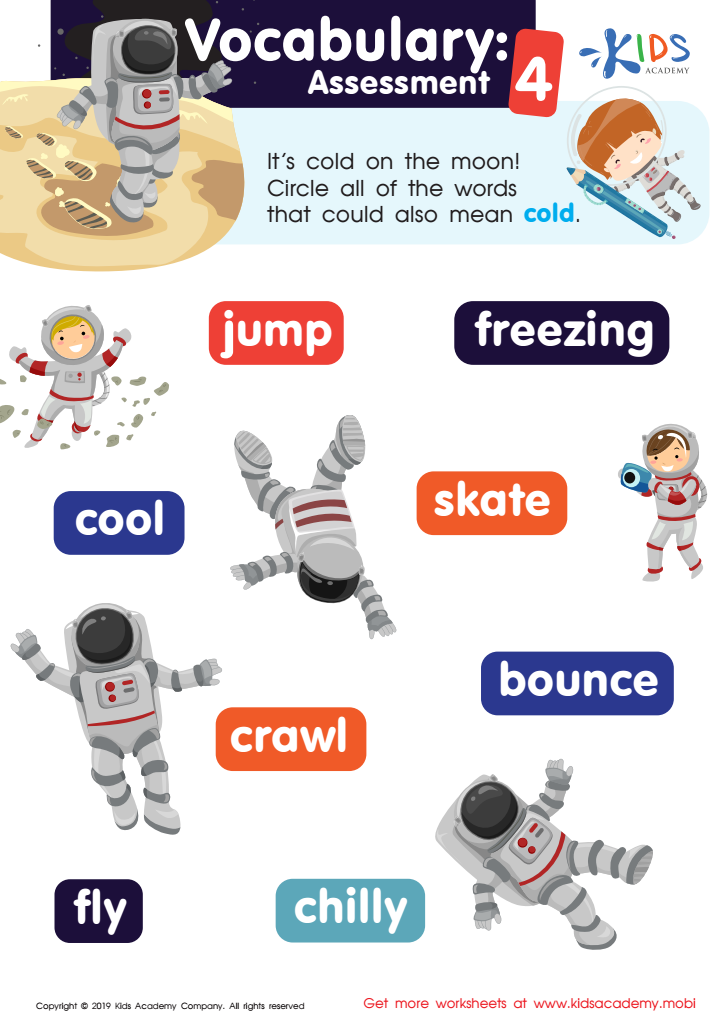

Vocabulary: Assessment 4 Worksheet
Knowledge Check activities for Ages 3-9 are essential for the growth and development of young learners, and both parents and teachers play a crucial role in this process. These activities provide structured opportunities for children to demonstrate their understanding of key concepts, allowing educators to assess their progress and tailor instruction accordingly. Participating in regular Knowledge Checks helps to reinforce learning, ensuring that vital information is internalized effectively.
Importantly, these activities also promote critical thinking and problem-solving skills. As children engage with interactive prompts, they learn to articulate their thoughts and reason through challenges, which fosters cognitive development. Furthermore, Knowledge Checks can boost a child's confidence as they see their achievements recognized, making learning a more enjoyable experience.
For parents, being involved in Knowledge Check activities offers insight into their child's educational journey, facilitating discussions about strengths and areas for improvement. This collaboration strengthens the parent-teacher bond and creates a supportive learning environment at home.
Ultimately, supporting Knowledge Check activities empowers children to take ownership of their learning, making it a priority for both parents and teachers to engage with these crucial developmental tools. In doing so, they contribute to building a strong foundation for lifelong learning.
 Assign to My Students
Assign to My Students







